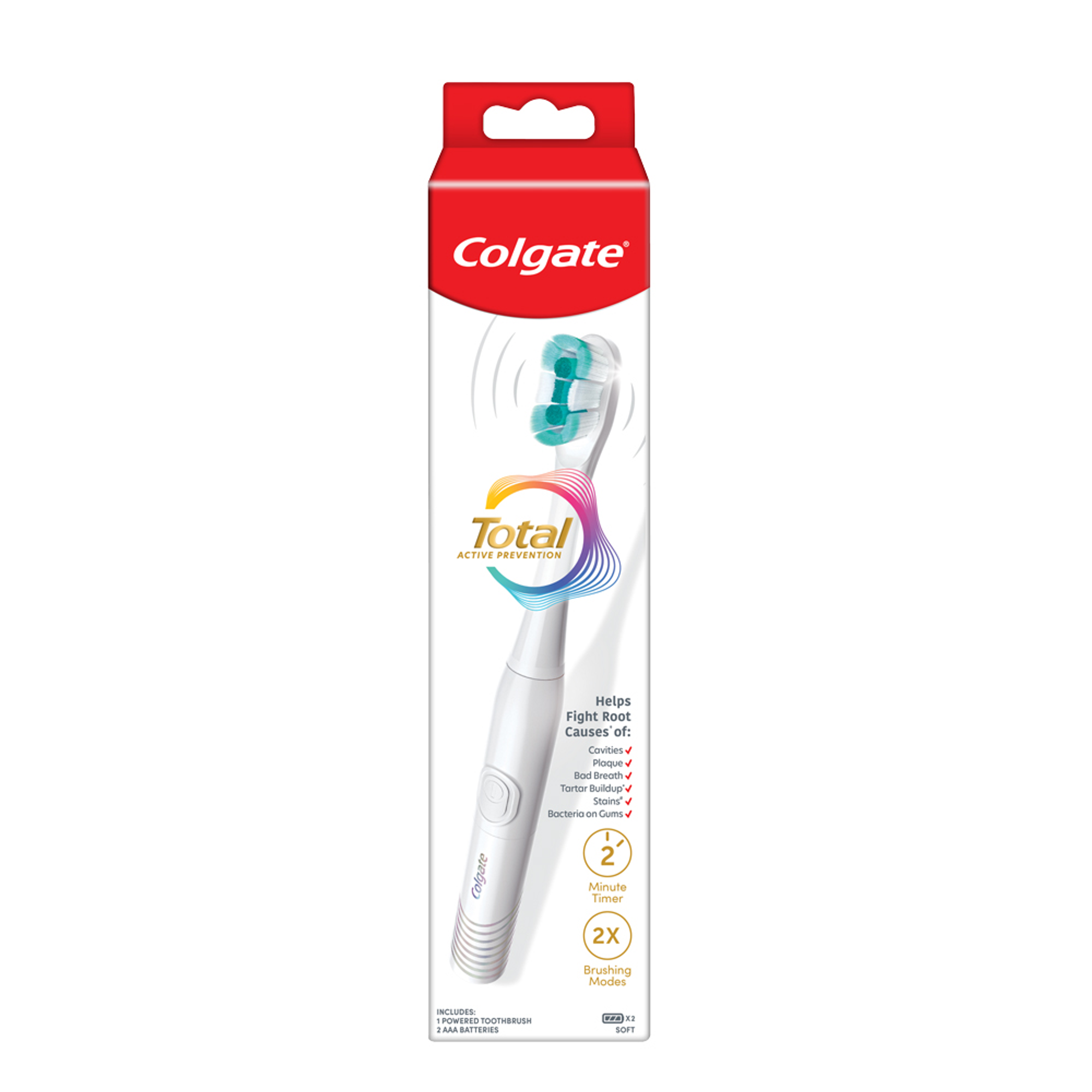-
-

FLUORIDE
Discover how stannous fluoride toothpaste prevents cavities and other oral health issues. Learn the key benefits of fluoride for teeth and its best uses.Fluoride plays a vital role in oral healthcare...

TEETH WHITENING
Teeth Whitening Serum for a Brighter, Confident SmileWho does not want whiter and brighter teeth? Thanks to the many teeth-whitening products available today...
-
Science & Innovation
- ORAL HEALTH ASSESSMENT
- Colgate® | Toothpaste, Toothbrushes & Oral Care Resources
- Oral Health
- Bleeding Gums and Gingivitis During Pregnancy


Chances are good that, during your pregnancy, you will experience a myriad of symptoms you have never had before. Bleeding gums is one such condition. You might be surprised to see a bit of blood on your toothbrush or dental floss, but it is common during pregnancy, as the Singapore Ministry of Health (MOH) explains. That being said, proper oral care during pregnancy is vital to the health of you and your baby. Bleeding gums during pregnancy is not something to worry too much about, but you should take some important steps to control it for your own comfort and peace of mind.
Why It Happens
Bleeding gums is a symptom of gingivitis. According to MOH, pregnancy increases the risk of developing gingivitis and periodontitis (gum infection) due to the increase in oestrogen and progesterone. This is also known as pregnancy gingivitis. Pregnancy gingivitis can leave your gums tender and swollen while you are pregnant, which is why they often bleed when you brush and floss.
Complications
Gingivitis during pregnancy (and otherwise) is a mild form of gum disease that can progress to periodontitis, which can increase the risk of premature birth, low birth weight or preeclampsia, according to the What to Expect website. Proper oral care before, during and after your pregnancy will help to prevent these issues and keep your baby as healthy as possible during gestation and after delivery.
What You Can Do
Proper oral care during pregnancy is the best way to prevent gingivitis. Use a soft-bristled toothbrush, and brush gently twice a day; soft bristles and a gentle brushing motion prevent an excess of pressure on your gums that can lead to bleeding. Brushing roughly can exacerbate inflammation. Use toothpaste with fluoride, which is essential for healthy teeth. Make sure you floss once a day as well.
See your dentist regularly during your pregnancy. They will monitor your gums for gingivitis and will offer tips on keeping bleeding to a minimum. If you notice a lot of blood on your toothbrush or when you spit, call your dentist and let them know. They will probably schedule an appointment to rule out a more serious problem.
Limit sugary foods and those that stick to your teeth. This includes many types of candy, soft drink, juice and dessert. Make sure you're getting enough vitamin C and calcium, which are nutrients that play a big role in the health of your teeth and gums.
Related Products

Helping dental professionals
More professionals across the world trust Colgate. Find resources, products, and information to give your patients a healthier future











